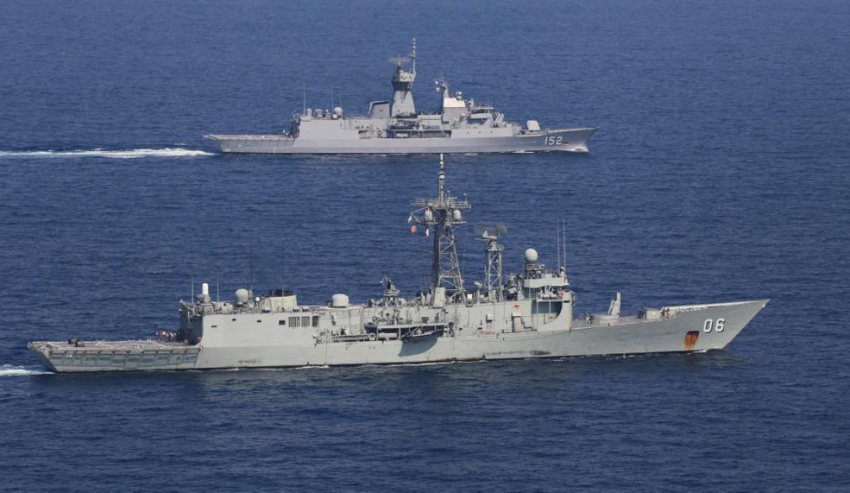The recently released Department of Foreign Affairs and Trade (DFAT) White Paper has indicated the government will spend more money on Defence beyond the $200 billion it has committed to spend over the next decade.
To continue reading the rest of this article, please log in.
Create free account to get unlimited news articles and more!
The paper, the first DFAT White Paper since 2003, said the "post-Second World War era" of US power and global leadership is under immense threat and changes the region's circumstances significantly.
"Australia would face a difficult economic and security environment in those circumstances," the paper reads. "Our policy choices would be harder.
"Our engagement with the world might become narrower and more transactional. We might have to spend more on defence and national security capabilities."
Australia is currently committed to increasing its defence expenditure to at least 2 per cent of GDP, but under "difficult economic and security environment" this figure may go higher.
The modernisation of Australia's Navy fleet, a key part of the $200 billion Defence has already committed to spend, has been flagged as a key part in countering any increased risks the country may face.
"We will see more submarines and advanced combat aircraft. Stronger surveillance and reconnaissance systems will reduce the effectiveness of stealth capabilities," the paper said.
"In response, the government is delivering a more capable, agile and potent Australian Defence Force. Our particular focus is modernising our maritime capabilities and further integrating the ADF so it can apply force more rapidly and effectively."
The paper also reaffirms Australia will continue to look to the US for defence and security purposes.
"In an uncertain security environment, including North Korea’s development of a nuclear and missile capability, the government recognises that only the nuclear and conventional military capabilities of the United States offer effective deterrence against the possibility of nuclear threats against Australia and other allies of the United States such as the Republic of Korea and Japan," the paper said.
While Australia's staunch support of the US for defence purposes in the latest DFAT White Paper has been relatively well received at home, overseas it is a different story, with the South China Morning Post newspaper saying Australia has "turned its back on the new Asia" and has declared "rhetorical war" on China.
"Turnbull went a step further in launching the white paper, further angering Beijing by lashing out at its island building in the South China Sea. Australia has done well by the US-dominated global order put in place after the Second World War, but China’s growing economic and diplomatic power and America’s waning influence require a new mindset," an editorial from the newspaper said.
"Rather than trying to shore up an outdated foreign policy, Australia should be trying to work for a more inclusive approach."

 Login
Login







